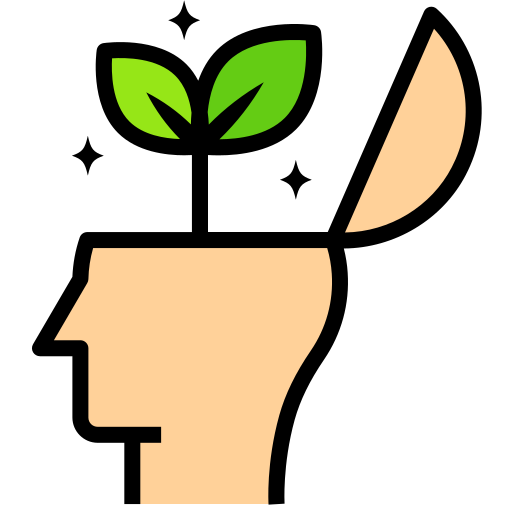As educators and examiners, our roles extend far beyond mere evaluation; they
encompass guiding students through the labyrinthine world of exams, fostering
their growth, and empowering them to chart their academic destinies. Within the
whirlwind of assessments and learning objectives, a crucial debate often
surfaces—a contention between the necessity of students understanding the
exam framework versus teachers guiding them through it. This debate hinges on
the question of student ownership of learning versus teacher guidance.
Teachers often argue that students need not comprehend the nitty-gritty of
learning objectives; it suffices for the teacher to be aware, as they are the ones
guiding the students. However, I staunchly advocate for students to own their
learning journey, to dictate their paths of exploration. Students must delve into
the exam blueprint, deciphering its structure, formats, and time constraints. By
understanding the rationale behind each question, students can align their
preparation strategies with the exam requirements, empowering them in their
educational pursuit.

At the core of this argument lies the premise that students should possess agency
over their learning. As educators, it's our fundamental responsibility to maintain
transparency, fostering an environment where students feel empowered to
navigate their academic journeys. Differentiation in teaching is
indispensable—teach the child for who they are, not just what we aspire for them
to become. Understanding the importance of letting students craft their own
study plans is pivotal; it's not solely about teaching the curriculum but teaching
the subject to the individual student.
A well-structured study schedule is not just a tick mark for examiners; it's a lifeline
for students. Allocating time judiciously ensures every subject receives adequate
attention. Yet, the challenge lies not in planning but in execution. Crafting a plan is
relatively easy, but implementing it effectively is the true challenge. Here, starting
with past papers proves beneficial; they serve as guiding stars, illuminating the
path to success. Practice under timed conditions is essential, aiding students in
aligning with exam requirements.The debate around different learning
styles—whether visual, auditory, or kinesthetic—persists, with some researchers
debunking the notion and others staunchly defending it. However, empirical
evidence often aligns with the belief that students who engage with visual
resources find it easier to simulate exam situations, emphasizing the significance
of the "digital arsenal." In the wake of the digital revolution, the online realm has
emerged not as a mere distraction but as an educational goldmine. Teachers
harness online resources wisely, utilizing interactive tools, videos, and lessons to
complement traditional study materials.
Active learning stands as a pinnacle of successful academic pursuits. Engaging with
content through diverse methods—summarizing, mind mapping, flashcards, and
teaching peers—cements knowledge in ways textbooks cannot. Self-reflection
emerges as a potent tool, enabling students to recognize their strengths and
weaknesses, allowing for tailored study strategies. Seeking help without hesitation
is a virtue; it's a testament to strength rather than a sign of weakness.
Personalized assistance often unlocks the gates to understanding complex
subjects.Maintaining balance throughout this rigorous journey is paramount.
Encouraging breaks, exercise, and adequate sleep fosters overall well-being,
reducing stress. Time management within the exam hall is a skill to hone—a savior
in the midst of the exam frenzy. Students must step into the examination hall with
confidence, understanding that assessments are not the final destination but a
part of the process of skill development and lifelong learning. It's about owning
the learning journey and the process, not just leaving everything to the last
minute.
In conclusion, the debate between student ownership of learning versus teacher
guidance is pivotal in shaping an environment where students are not just passive
recipients of knowledge but active architects of their educational pathways.
Empowering students to own their learning journey results in more engaged,
motivated, and empowered individuals ready to conquer academic challenges and
lifelong learning.










.png)

